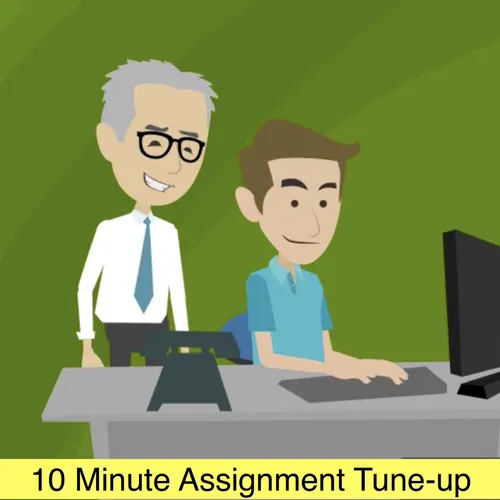
Teaching Writing: Ideas and Strategies
This podcast talks about ways post-secondary instructors in all disciplines can help their students and themselves become better writers.
- Update frequency
- every 11 days
- Average duration
- 11 minutes
- Episodes
- 64
- Years Active
- 2018 - 2021
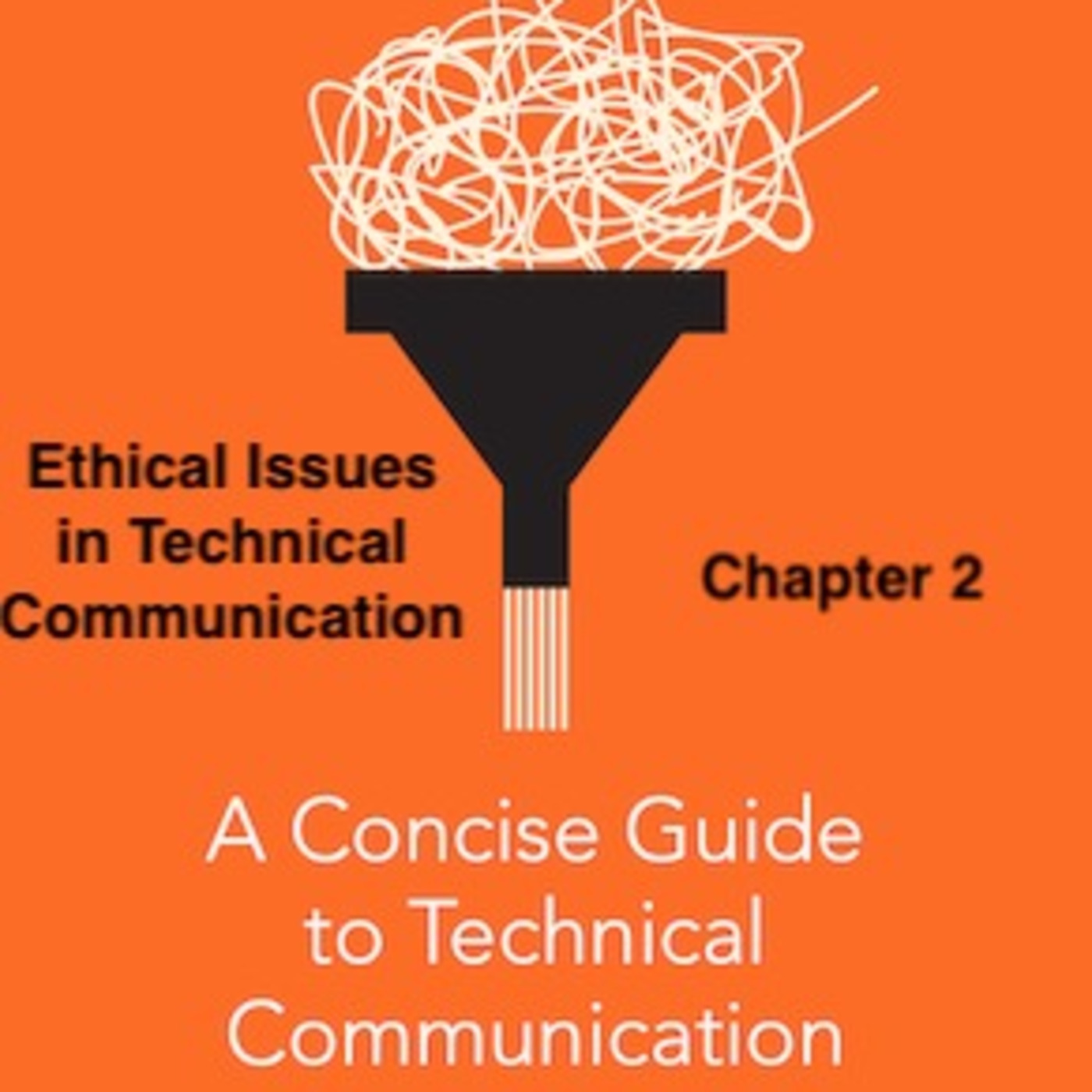
Episode 44: Ethical Issues in Technical Communication
This episode gives an overview of Chapter Two of the Concise Guide to Technical Communication where we discuss ethical issues that come up in technical communication.
00:07:55 |
Fri 04 Dec 2020
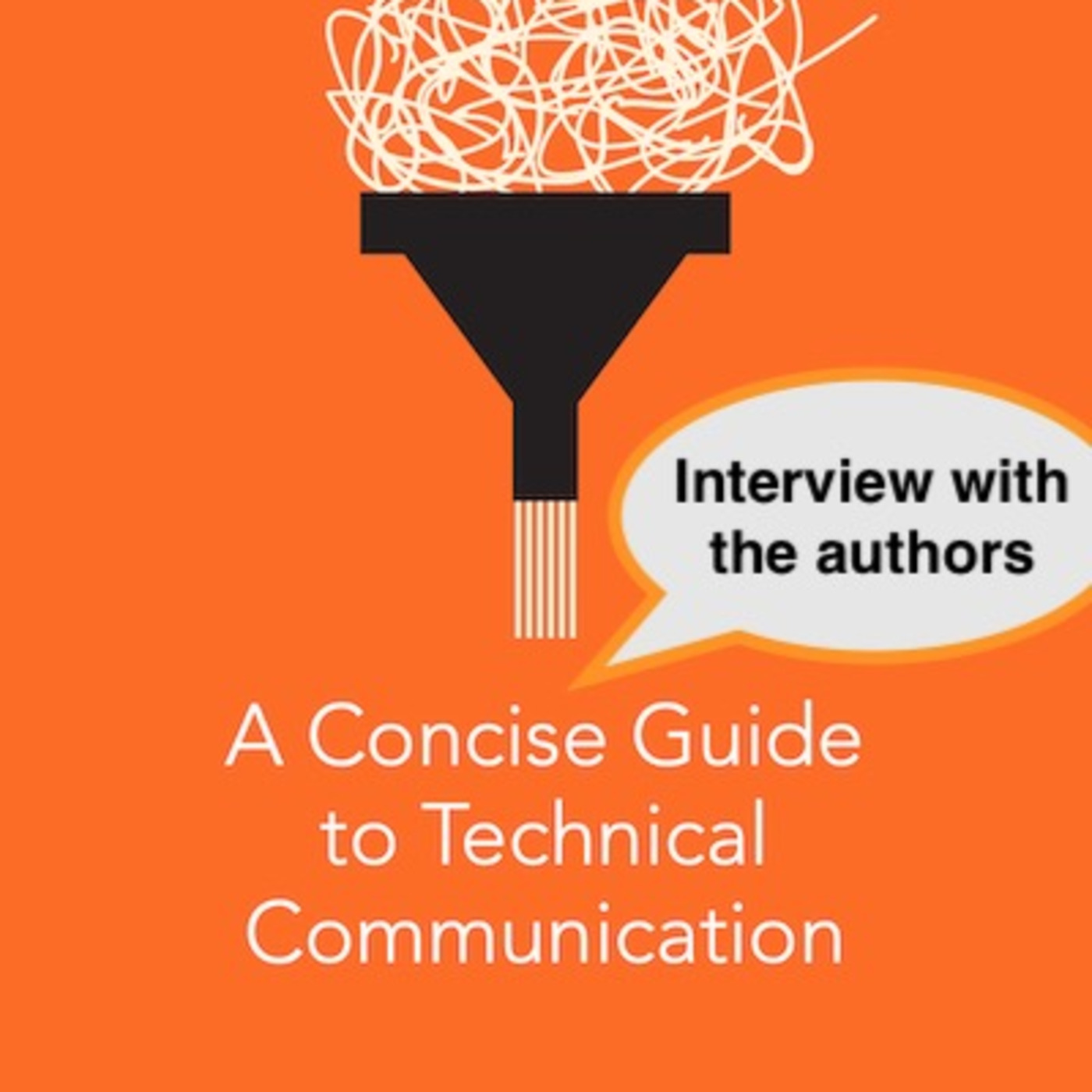
Concise Guide to Technical Communication: Author interview
What possessed us to write the Concise Guide to Technical Communication? In this episode Heather Graves and Roger Graves talk about why they wrote this new book and how their research and academic wo…
00:08:34 |
Thu 12 Nov 2020
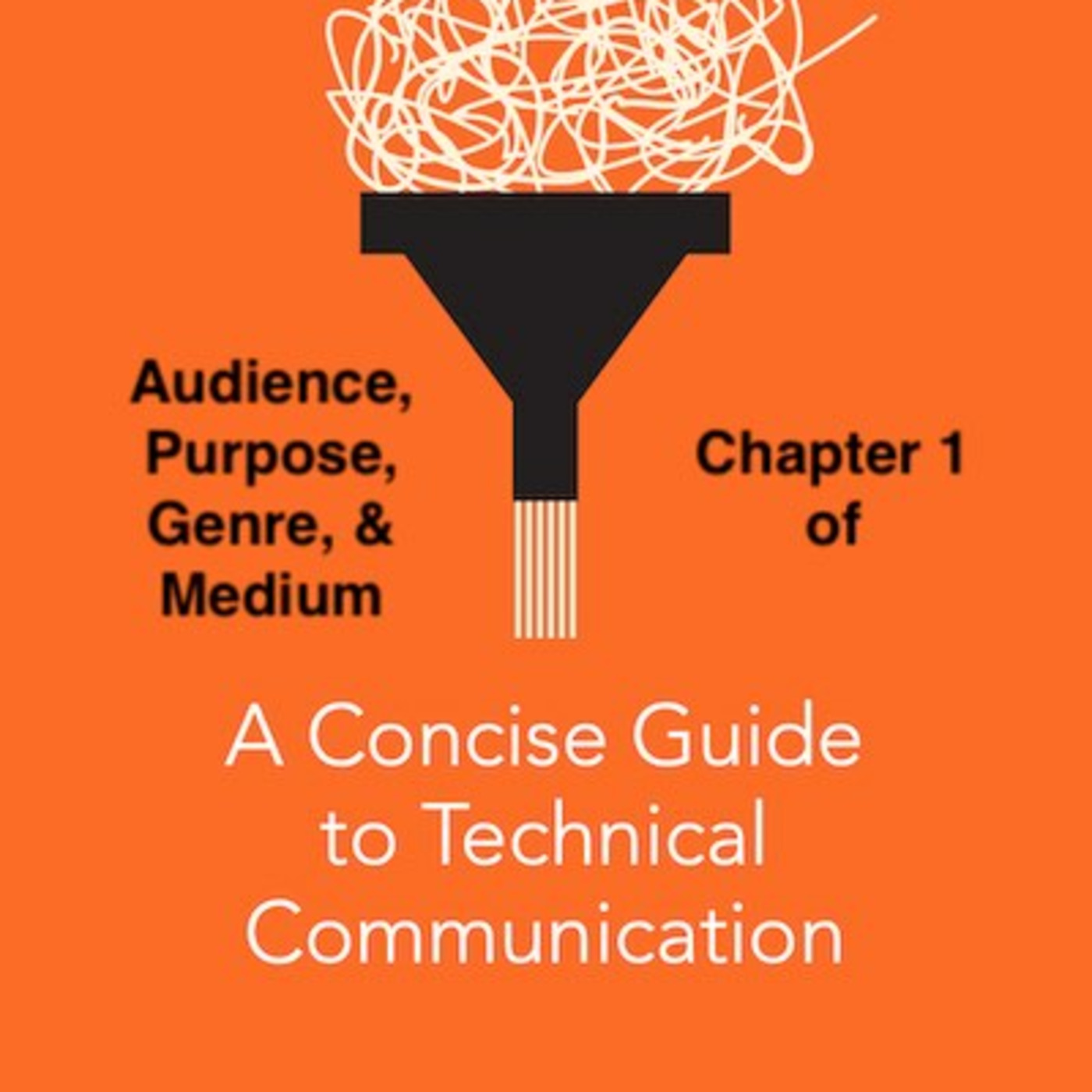
Audience, Purpose, Genre, & Medium
This episode provides an overview of how audience, purpose, genre and medium affect the choices you need to make as you communicate.
00:09:08 |
Tue 10 Nov 2020
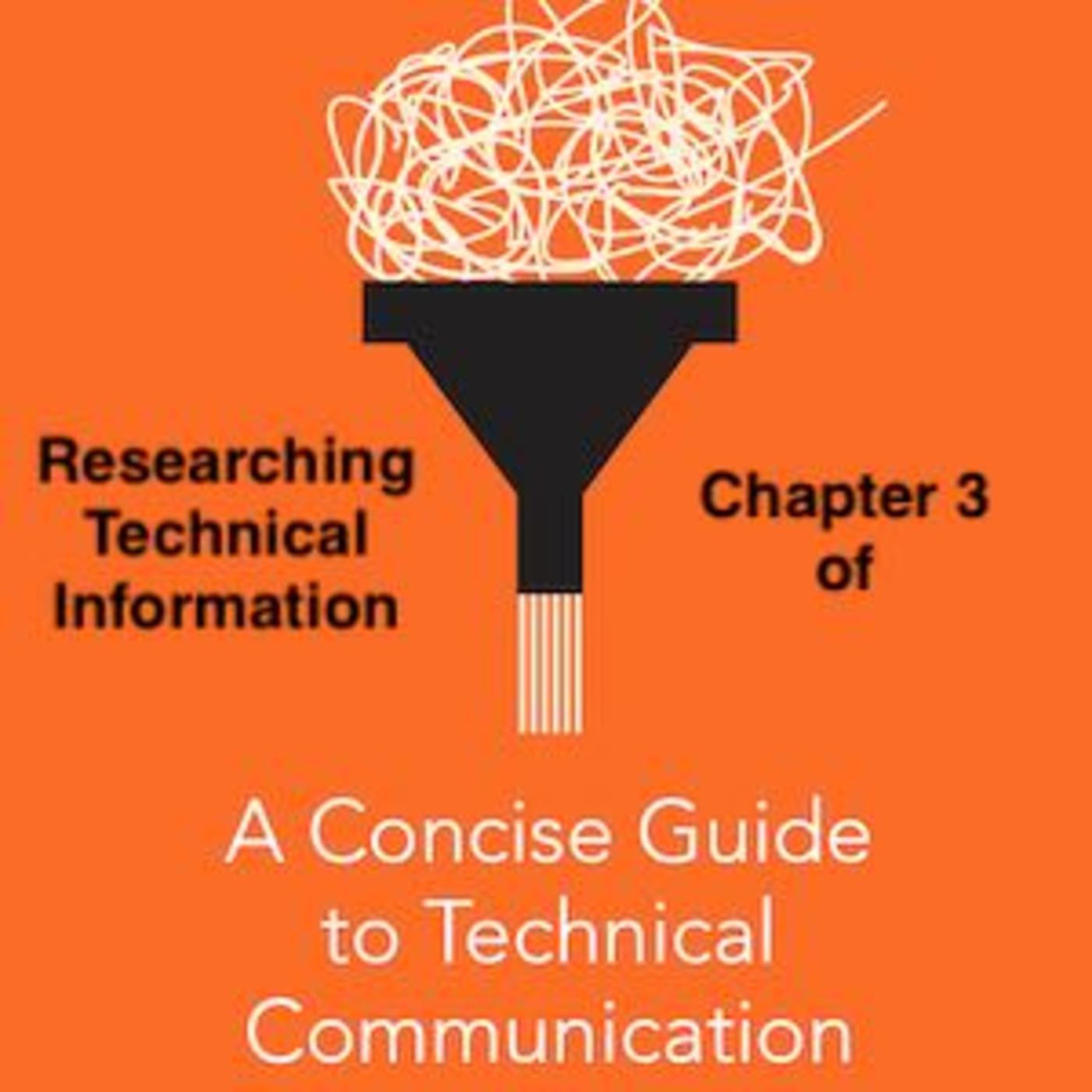
Researching Technical Information
In Chapter 3 of the Concise Guide to Technical Communication from Broadview Press, we discuss ways to generate information for technical documents through interviews, surveys, and online research. Th…
00:10:09 |
Thu 24 Sep 2020
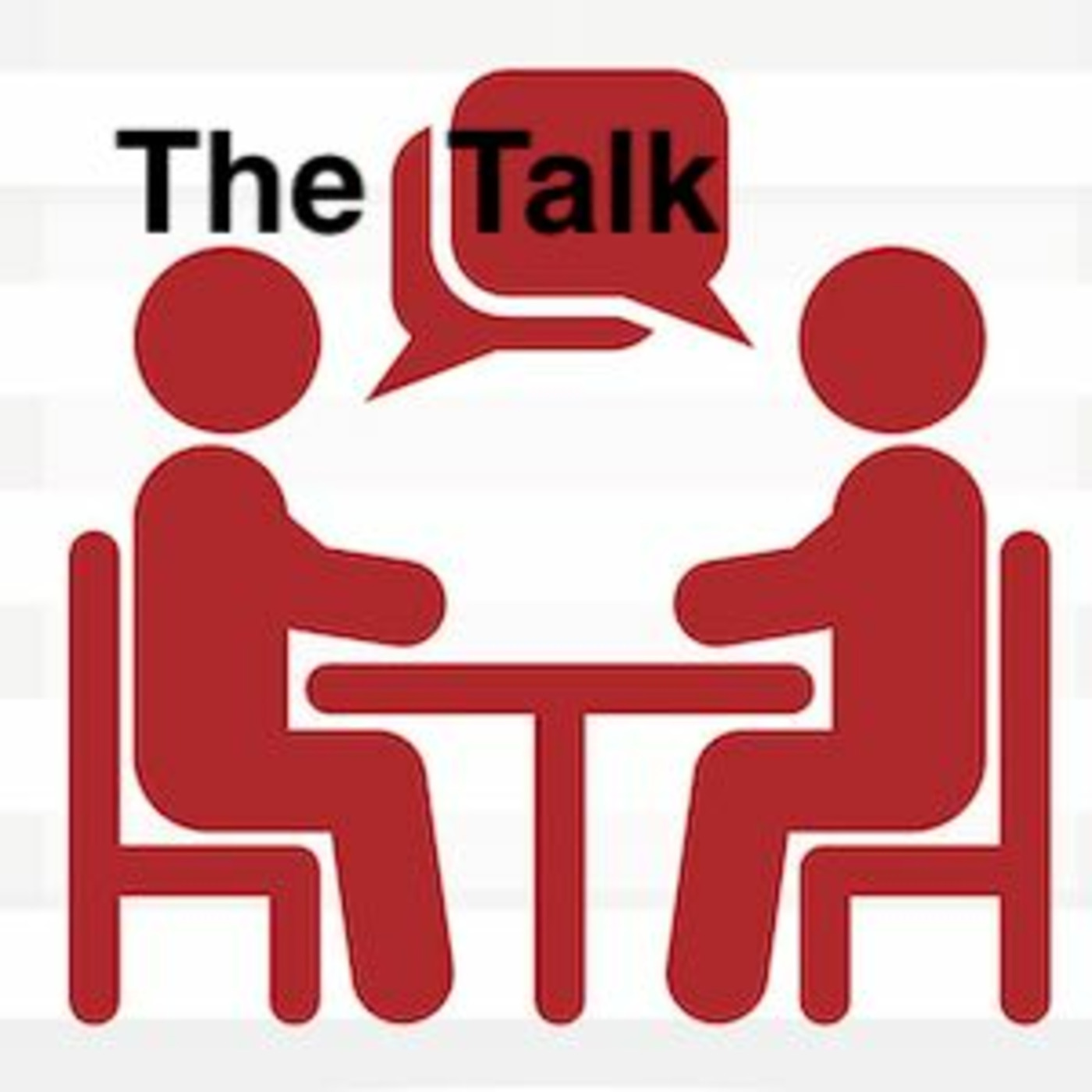
The Talk: How to interview students about academic integrity violations
Cosette Lemelin and Roger Graves talk about The Talk: how should instructors go about conducting and interview with a student about a possible, probable, or even blatant academic integrity violation?…
00:15:42 |
Tue 23 Jun 2020
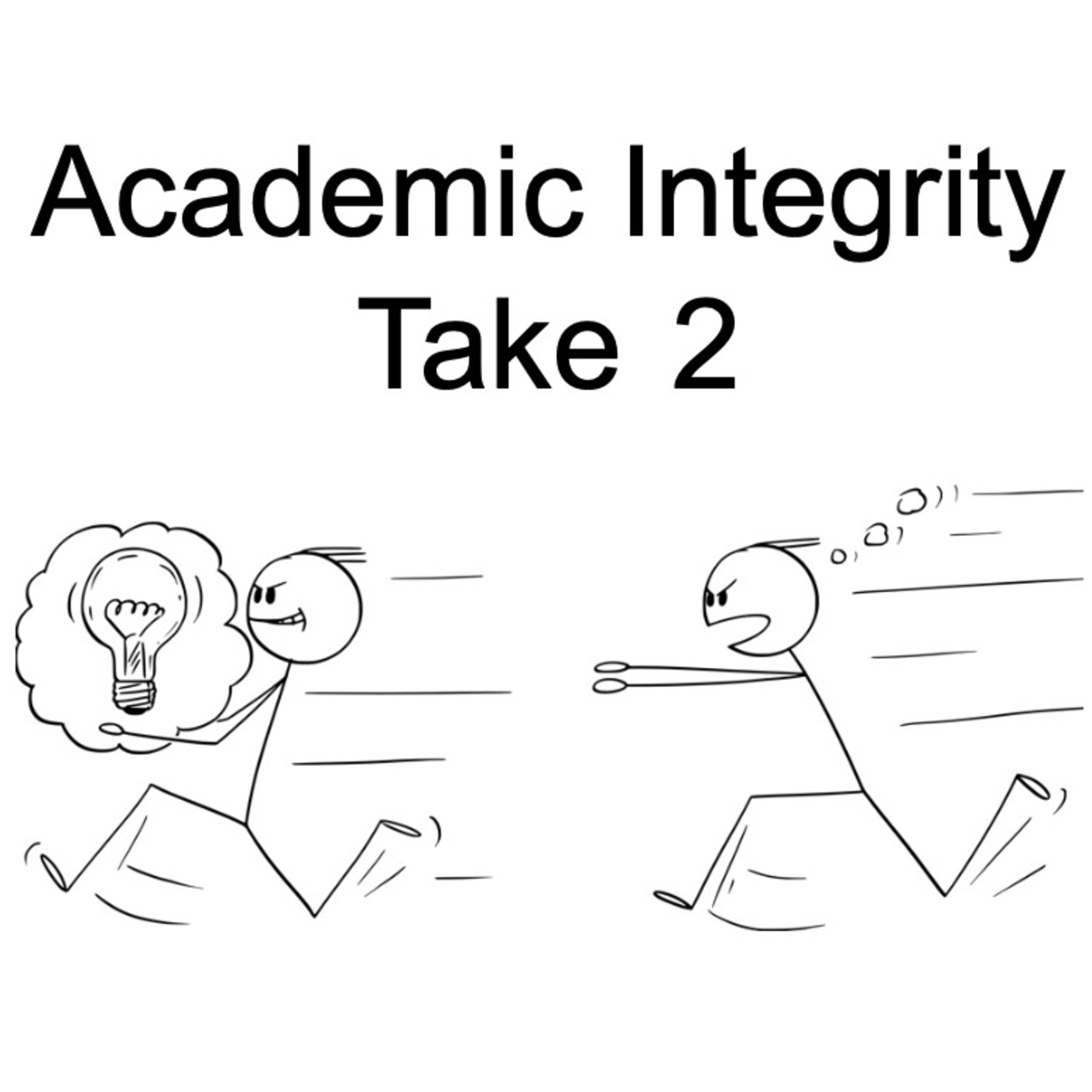
Academic Integrity, Take 2: How often do students cheat?
How much time should instructors devote to academic integrity? To answer that question for themselves, they need some sense of how prevalent cheating is. This podcast examines answers to that questio…
00:10:22 |
Thu 04 Jun 2020

Academic Integrity Online
Academic integrity manifests itself somewhat differently in online instructional contexts. In this episode, Roger Graves talks with Ellen Watson of the University of Alberta's Centre for Teaching and…
00:10:19 |
Mon 11 May 2020
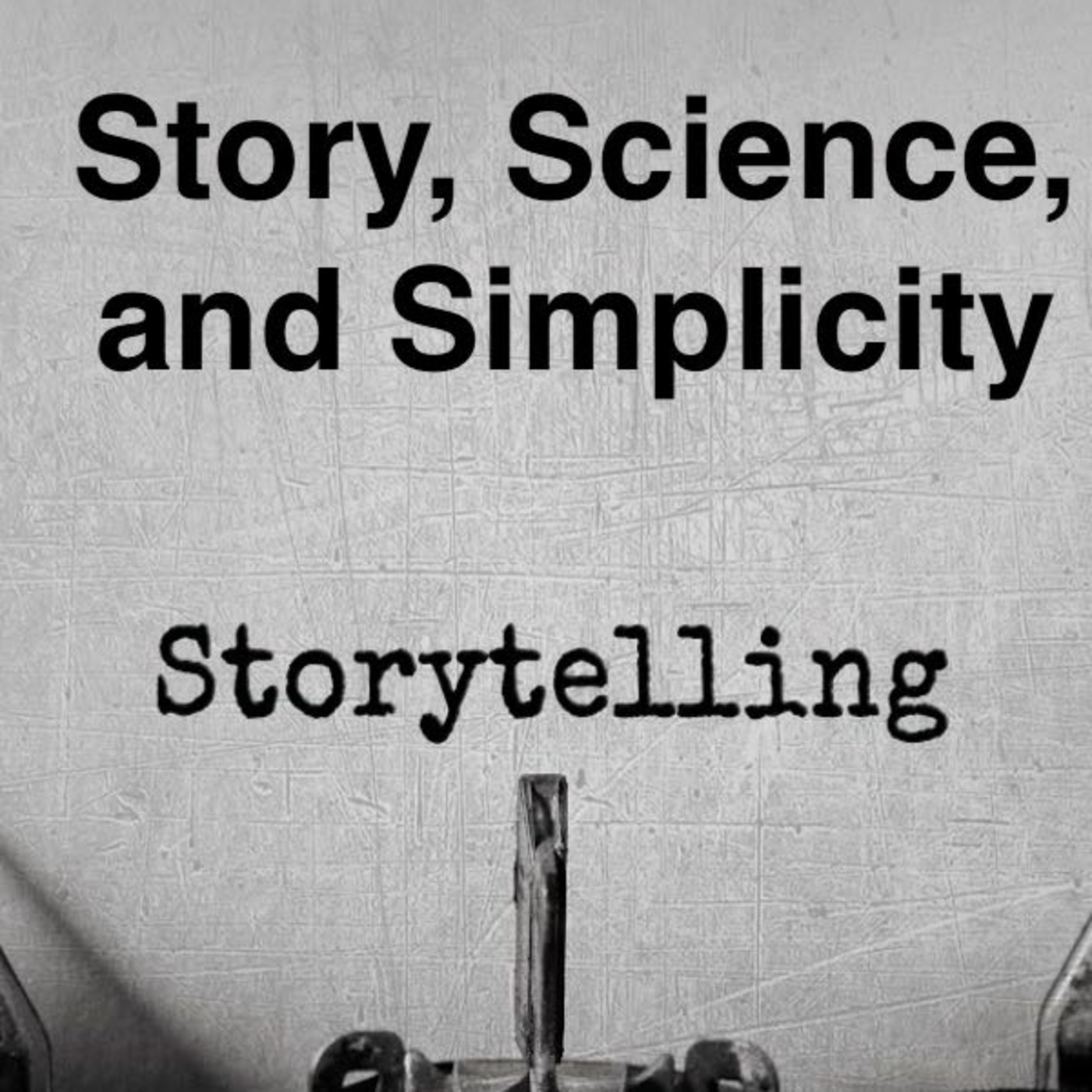
Story, Science, and Simplicity
This episode combines ideas from the plain language movement with ideas about how to use narrative structures to explain complex research projects.
00:11:45 |
Wed 01 Apr 2020
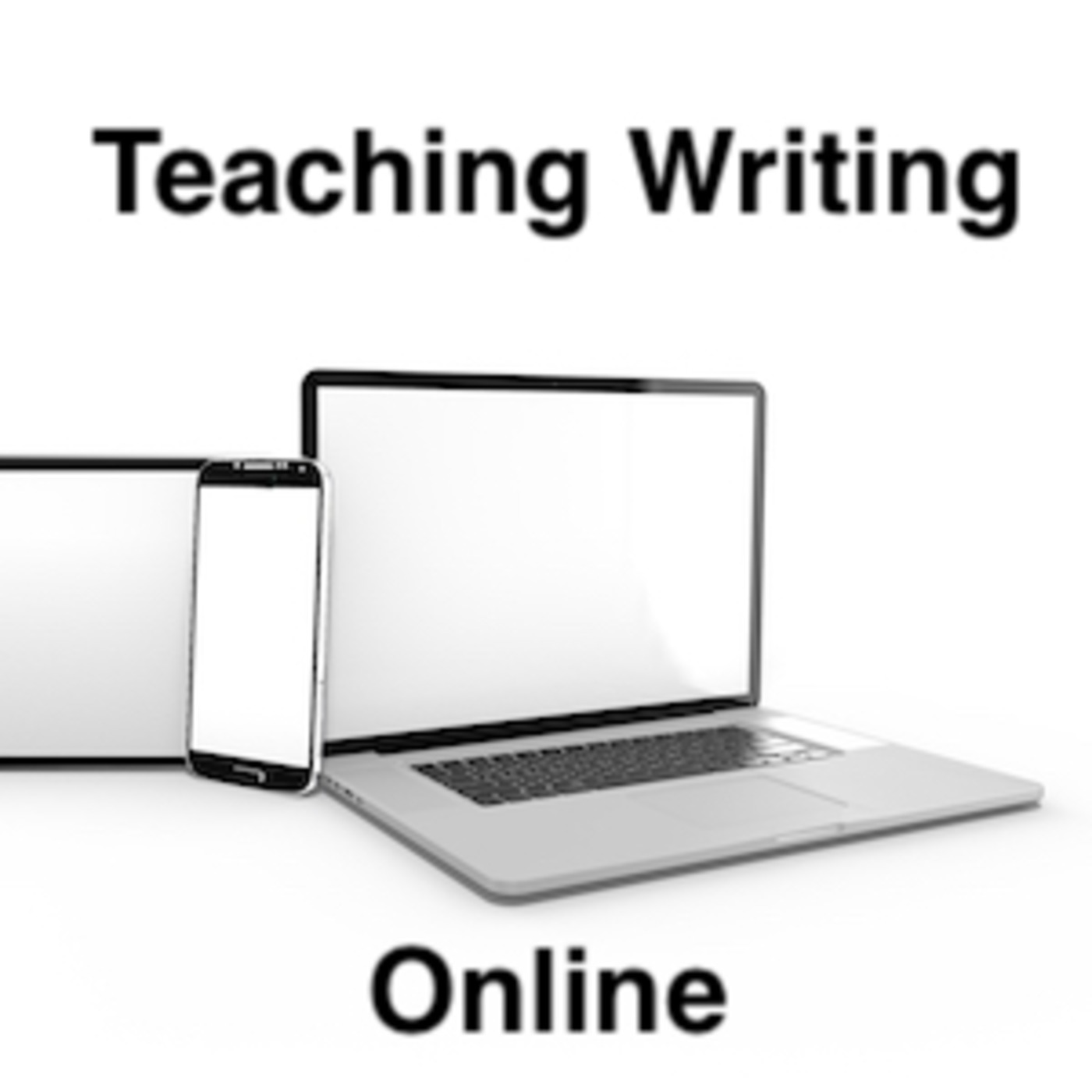
Teaching Writing Online
What are some best practices for teaching writing online when you've been asked to move a class online with little notice? This episode identifies 6 specific things to do to survive and maybe even th…
00:08:07 |
Mon 23 Mar 2020
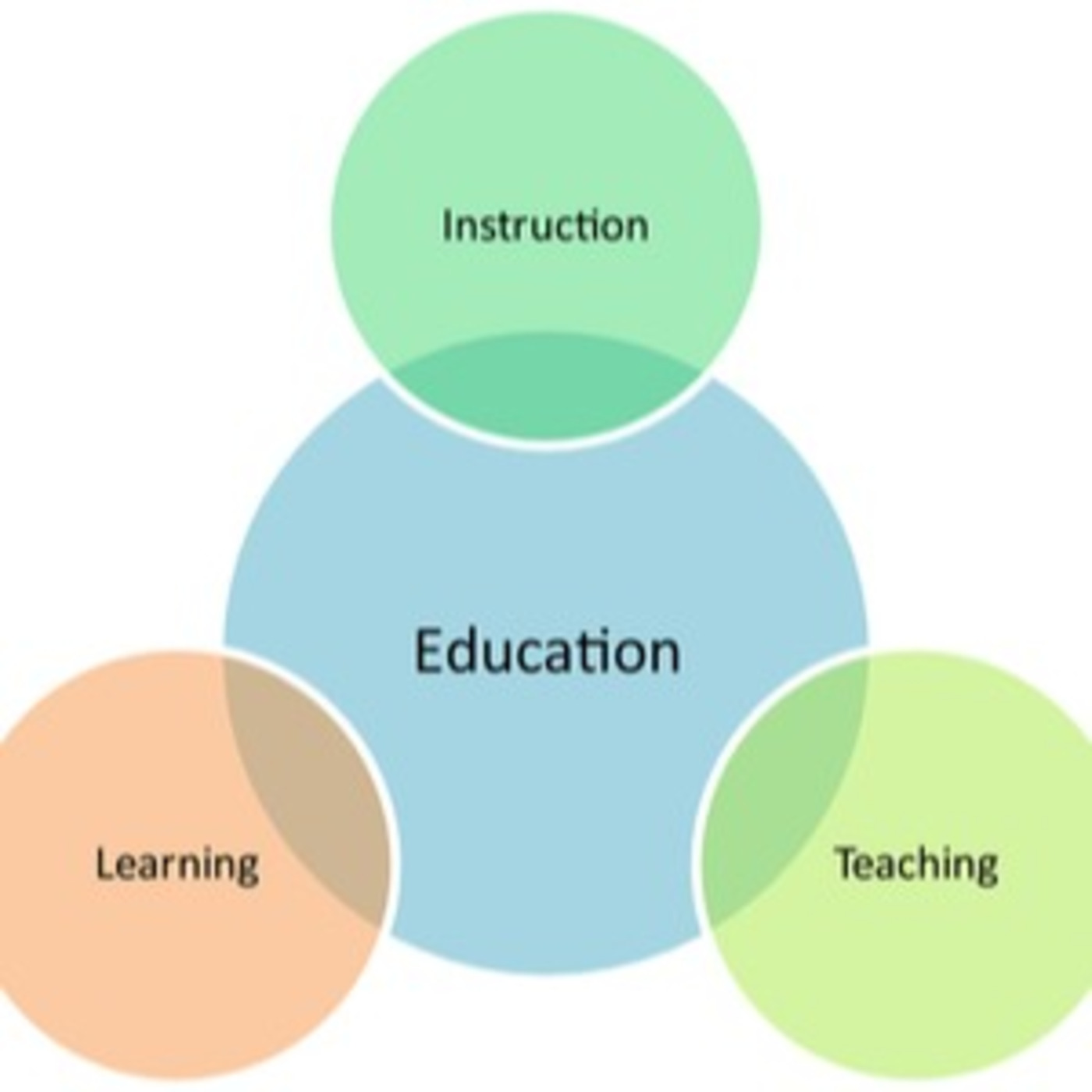
Writing the Teaching Philosophy Statement
This episode talks about how to go about drafting and revising your teaching philosophy statement. Why do you teach the way you do? How do your students learn? What new techniques do you think you'll…
00:10:34 |
Wed 04 Mar 2020
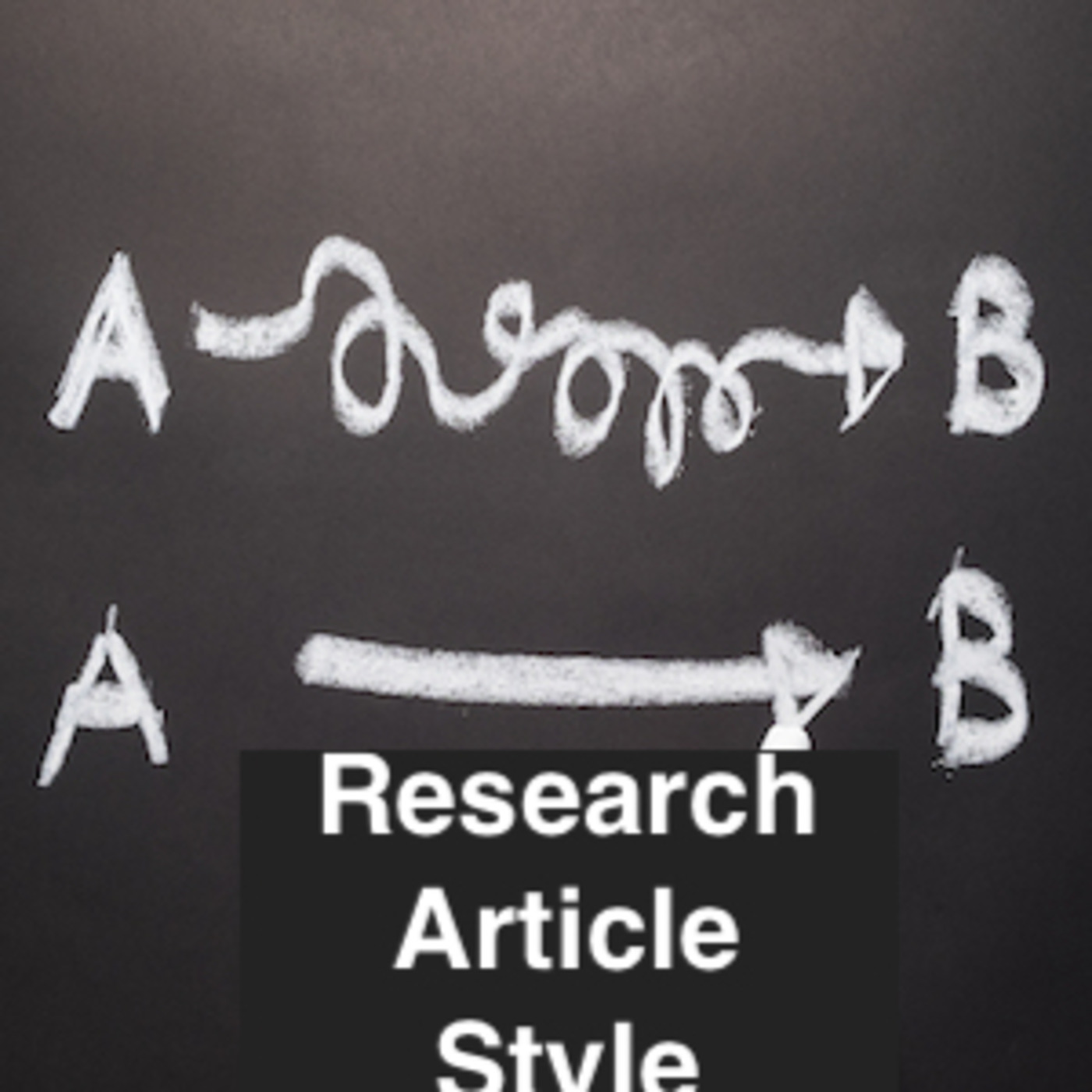
Style in Research Articles
Can I use the word "I" in a research article? This and other perplexing questions about the range of styles you can employ in your research writing are answered in this episode.
00:12:53 |
Thu 30 Jan 2020
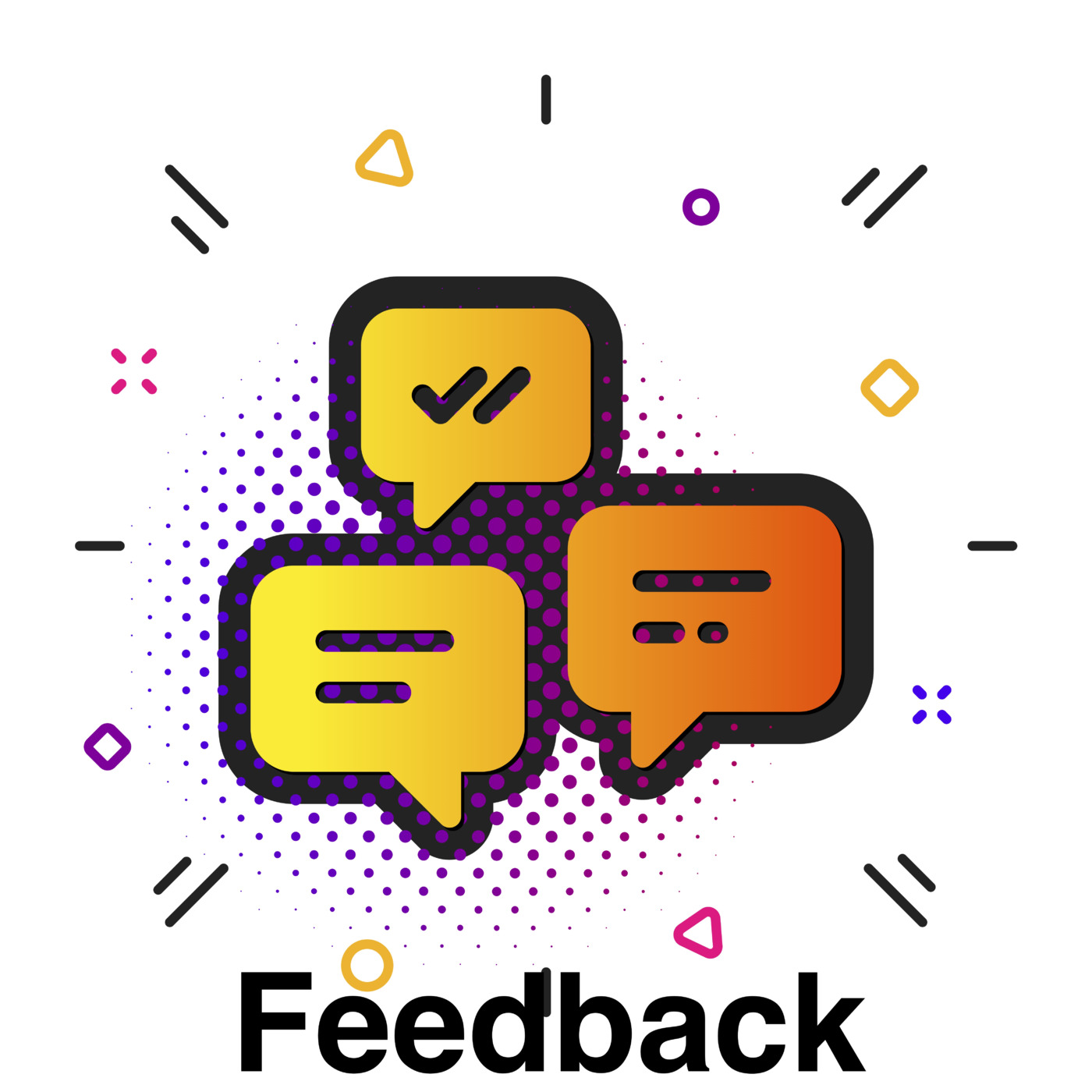
Feedback about Feedback
How can you get students to read your feedback to their assignments? First, separate formative from summative feedback. Second, structure opportunities for peer feedback. And third, give feedback to …
00:11:19 |
Tue 10 Dec 2019
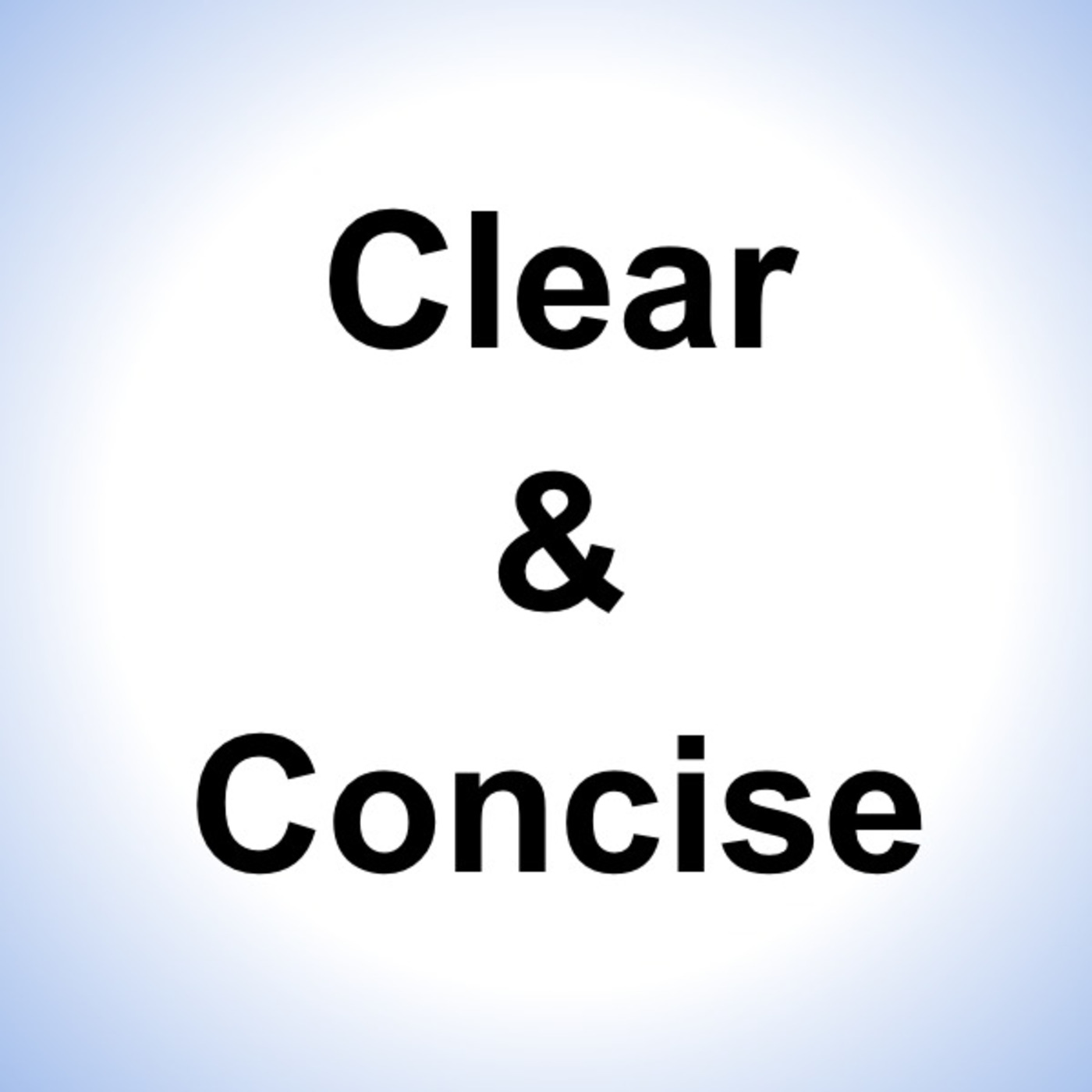
Clear and concise
In this episode we consider specific ways to write more clearly and more concisely. Clarity and concision both affect the overall style in which you write, and while both clear writing and concise wr…
00:12:41 |
Tue 29 Oct 2019
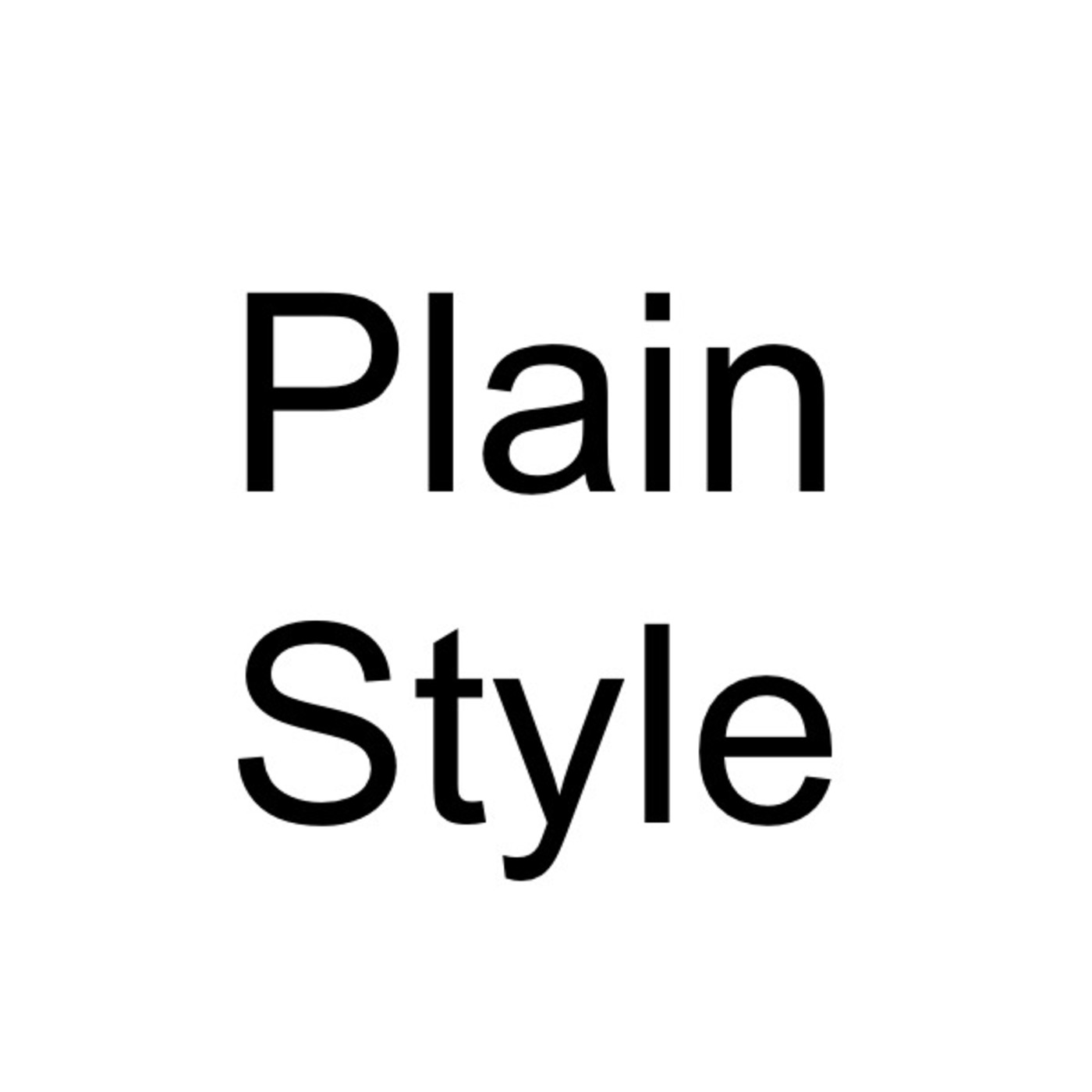
The Plain or Low Style
Of the three main styles of writing, the plain (or low) style may be the most useful. This episode of Teaching Writing descirbes the plain style of writing and gives examples of how it is used in wri…
00:14:47 |
Thu 17 Oct 2019

Styles of Writing
In this episode I define writing style in academic writing, and consider the three levels of style: low or plain, middle or forcible, and high or elaborated. Using these as a rough guide to readabili…
00:11:32 |
Tue 08 Oct 2019

Styles of Academic Writing
In this episode we'll examine writing style: the low or plain style, the middle or forcible style, and the high or florid style. Using those definitions, we'll describe ways to analyze the style a do…
00:11:32 |
Mon 07 Oct 2019
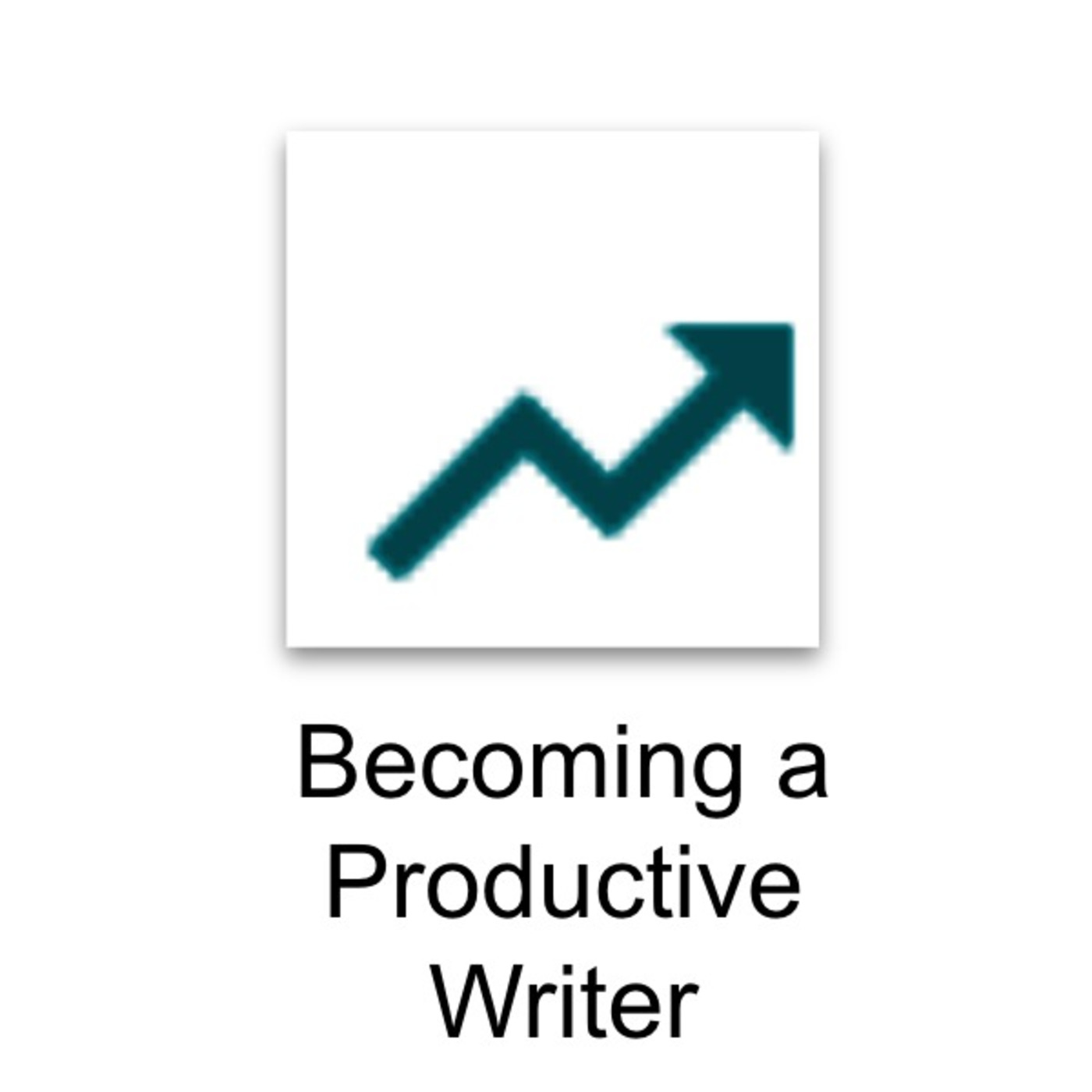
Becoming a Productive Writer
In this episode we’ll review some of the advice given to academics who write, including Helen Sword’s Air & Light & Time & Space: How Successful Academics Write, and map it against Stephen Covey’s Th…
00:16:22 |
Mon 30 Sep 2019
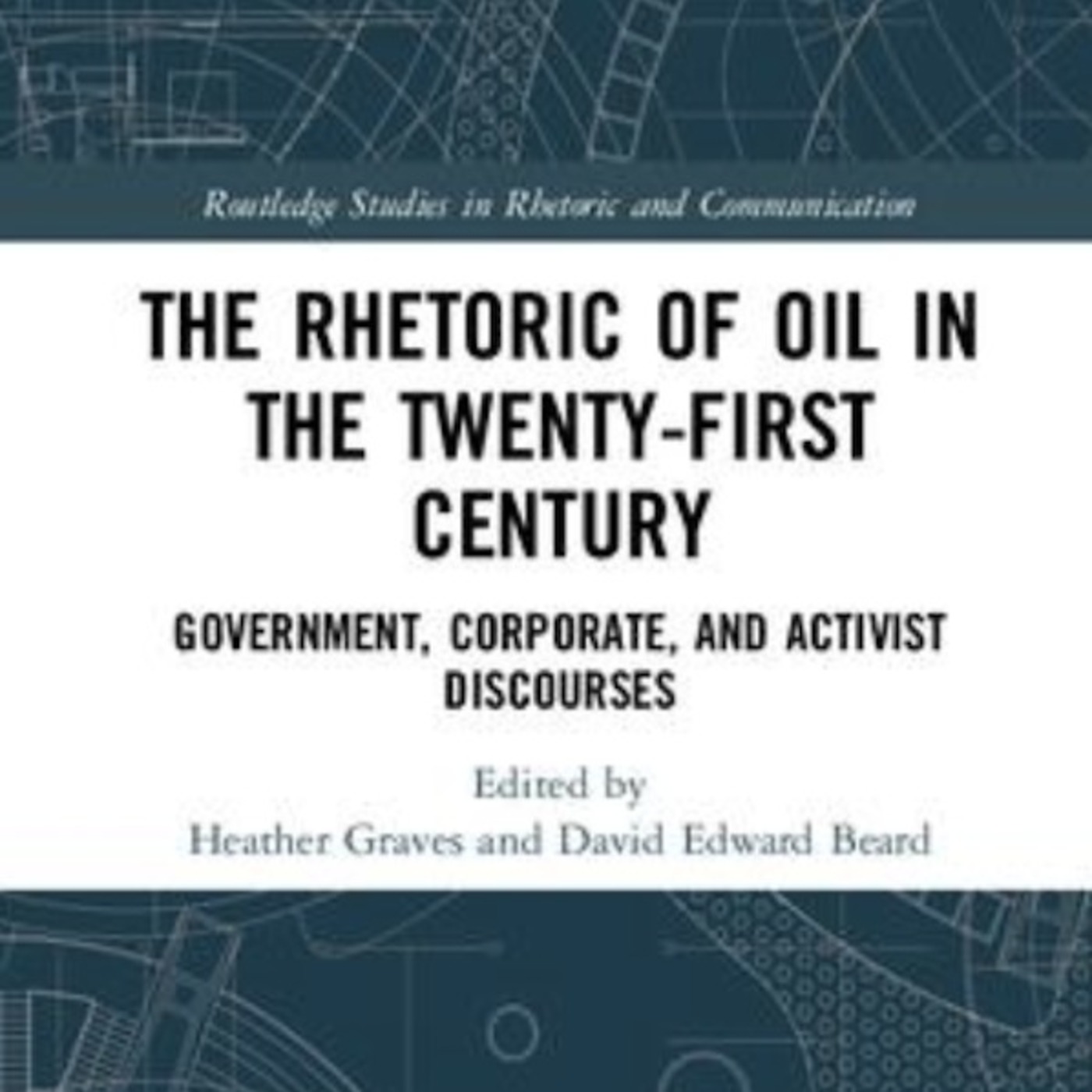
The Rhetoric of Oil
Heather Graves and David Beard, co-editors of a new collection of essays on the rhetoric of oil published by Routledge, speak about their book, their favorite chapters, and why this is an important b…
00:13:14 |
Fri 30 Aug 2019
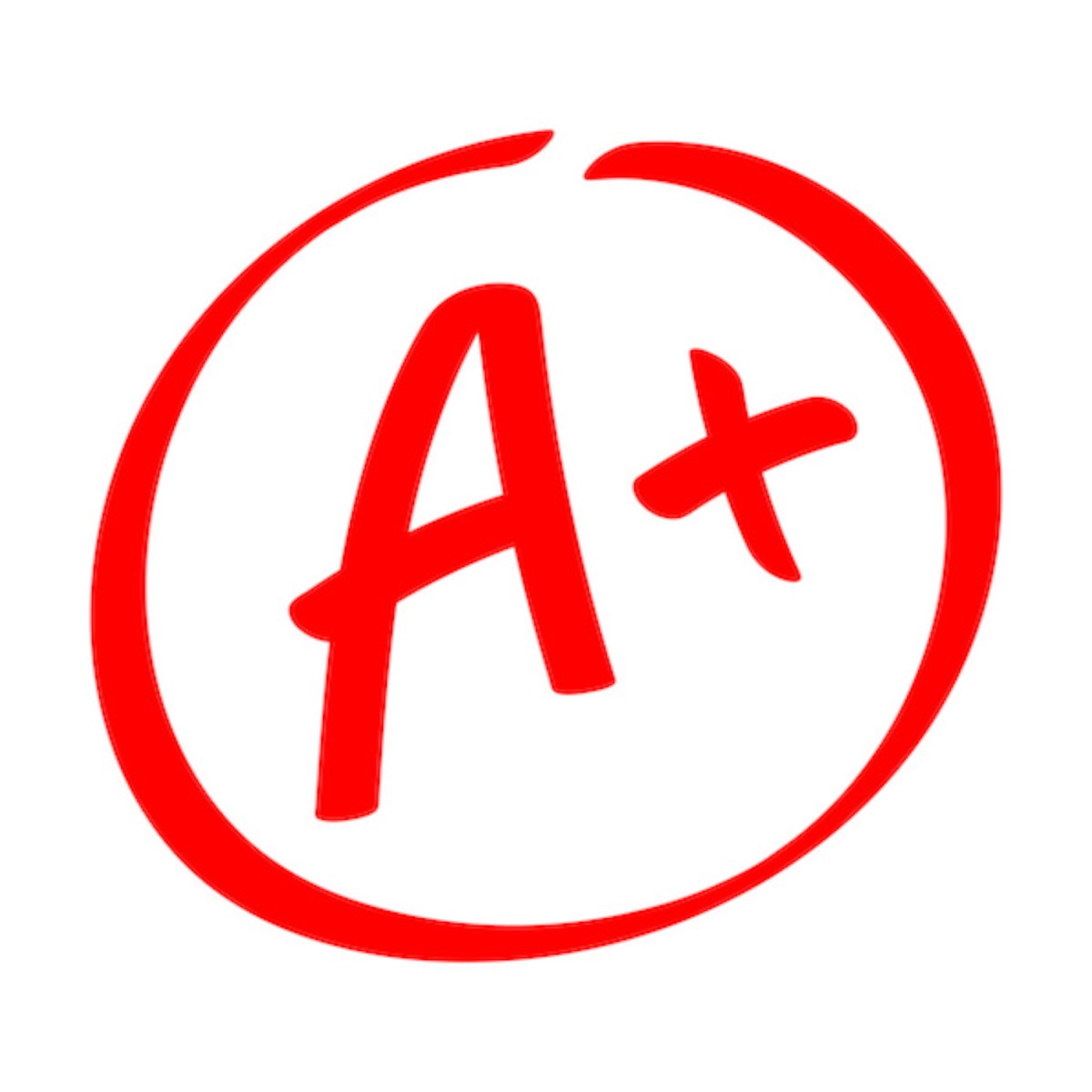
I paid for an A!
Despite a recent news story
posted on CBC.ca, students have been buying essays for over 100 years--this is nothing new. New artificial intelligence software promises to make it even easier to produ…
00:10:47 |
Tue 30 Apr 2019

Better writing through AI: Online writing tools
What software tools and applications exist that might help you, and your students, write better documents? In this episode of Teaching Writing, we review what tools are out there that might help with…
00:12:01 |
Tue 16 Apr 2019
Disclaimer: The podcast and artwork embedded on this page are the property of Roger Graves. This content is not affiliated with or endorsed by eachpod.com.